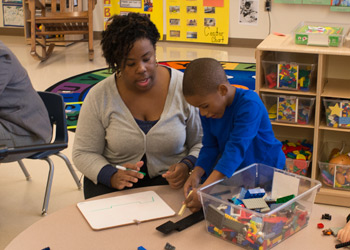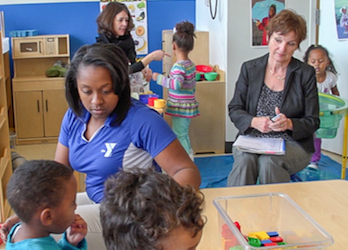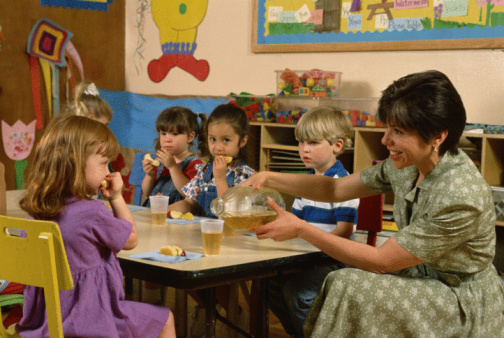
Here at Teachstone, we know that Concept Development is tricky to code, so we’ve put together a few tips to help you accurately measure it in the ...

Here at Teachstone, we know that Concept Development is tricky to code, so we’ve put together a few tips to help you accurately measure it in the ...

When we’re looking at Quality of Feedback, we’re really looking at what children know, understand, and do—and how teachers respond in ways that build ...

Be a Fly on the Wall Whether you’re a new CLASS observer or you’ve observed in hundreds of classrooms, you may wonder about or struggle with where to ...

DEAR MISS MATTERS OF CLASS: Is it appropriate to observe during meal times and transitions (i.e., washing hands after using the bathroom, lining up ...

We are excited to have Sara Beach guest blog for us today. As a former Teachstone Staff Trainer, she frequently presented on topics such as Helping ...

Entering elementary school is a big step for children, a true rite of passage. I can still remember my very first day of school, how excited I was to ...

The CLASS tool measures interactions in classrooms serving infants through high school students. That’s quite a span—and also why there are six ...